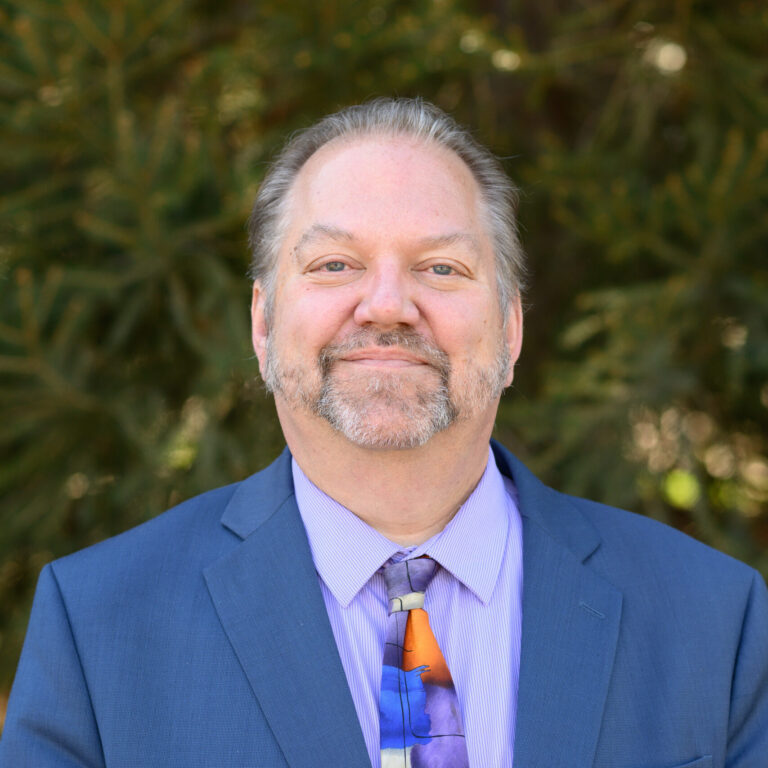
Rev. Scott E. Hoezee (Hoe-zay) is an ordained pastor in the Christian Reformed Church in North America and has served two congregations. He was the pastor of Second Christian Reformed Church in Fremont, Michigan, from 1990-1993. From 1993-2005 he was the Minister of Preaching and Administration at Calvin CRC in Grand Rapids, Michigan. In the spring of 2005 Scott accepted the Seminary’s offer to become the first Director of the Center for Excellence in Preaching. He has also been a member of the Pastor-Theologian Program sponsored by the Center of Theological Inquiry in Princeton, New Jersey, where he was pastor-in-residence in the fall of 2000. From 2001-2011 Scott served on the editorial board of Perspectives: A Journal of Reformed Thought and was co-editor of that journal from 2005-2011. He blogs regularly for The Reformed Journal and along with Darrell Delaney is the co-host of the Groundwork radio and podcast program.
Rev. Hoezee is married to Rosemary Apol and they have two children. He enjoys birdwatching, snorkeling, and exploring the beauties and wonders of God’s great creation.
Rev. Hoezee is the author of several books including The Riddle of Grace (1996), Flourishing in the Land (1996), Remember Creation (1998), Speaking as One: A Look at the Ecumenical Creeds (1997), Speaking of Comfort: A Look at the Heidelberg Catechism (1998), and Proclaim the Wonder: Preaching Science on Sunday (2003), Grace Through Every Generation (2007), Actuality: Real Life Stories for Sermons That Matter (2014), and Why We Listen To Sermons (2018).
Scott Hoezee has been writing sermon commentaries for the CEP website since its inception in July 2005.

About Scott Hoezee